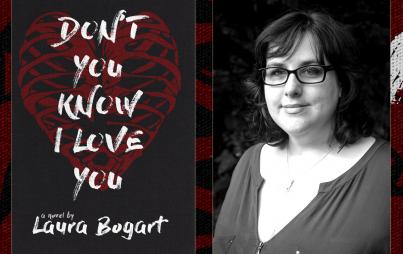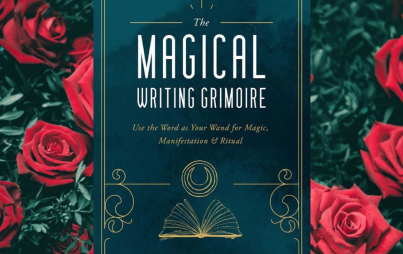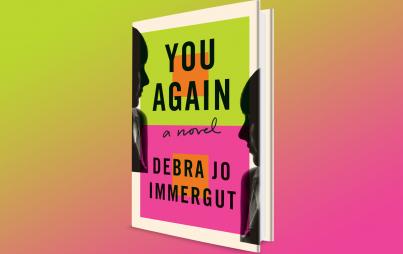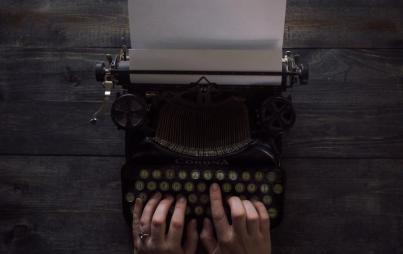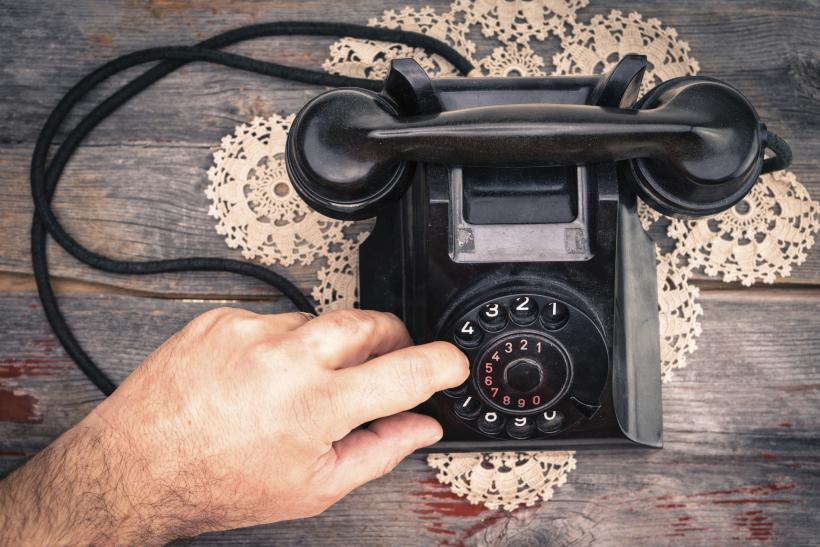
She had a copy of the Paris Review sitting on her coffee table and told me George Plimpton had once tried to pick her mother up in a bar on President’s Day. She had turned him down, of course.
“I mean, she knew who he was,” she said, twirling her hair in her fingers, coiling and uncoiling her blonde curls as if they were nothing more than amusements. “She just wasn’t attracted to him.”
“Makes sense,” I said, moving through her apartment, scanning every worn book and sun-faded magazine she had laid out. Under a stack of literary journals I saw old copies of Vogue and Marie Claire, and I wondered if they were her mother’s.
“Sorry about the mess,” she said smoothing out her skirt. “I haven’t had much time to clean since Claude left. And I wasn’t necessarily expecting company.”
“No problem,” I said.
“I mean, you know how it is, right? Break-ups are the pits.”
“Sure.” I cleared my throat, smiled. “How long were you dating?”
She sat on the couch and patted the cushion, welcoming me. “I don’t really want to talk about that.”
I sat. “Sorry.”
“Everything’s just been a bit crazy since he moved out. Still trying to figure out what’s his and what’s mine.”
“No, I get it.”
She peeled off her jacket, slow, and then put her hand on my shoulder like she meant it.
“I like you,” she said. “But I have to warn you.”
“About what?”
“I’m not going to sleep with you.”
“Oh, I wasn’t thinking…” I said, stumbling, unable to get any more words out.
“It’s just, when a girl invites a guy back to her apartment, it tends to mean only one thing, you know?”
“I’m not that presumptuous,” I said. “I’m a gentleman.”
“Funny.”
“I’m serious.”
“Me too. It isn’t going to happen tonight. I’m sorry.”
“I’m completely okay with that.”
“You’re a good guy.” She leaned into me like we had known each other for years. “And I need a good guy in my life. Especially after what I’ve been through.”
“At your service,” I said, leaning into her now too, lips puckered and ready, the moment perfect.
And then the phone rang, a behemoth near the kitchen that sounded like the cry of an old-fashioned police siren.
“Oh,” she said, standing, surprised. “Let me just see who it is real quick.”
I watched her gait toward the phone—long, slender legs I was sure had never tripped her up, had never gotten in her way. She picked the receiver up, twirling the phone cord like she had with her hair, and was quiet for a moment, listening. Then her mouth curled up at the ends.
“I miss you too,” she said into the phone, retreating around the corner into the kitchen so I couldn’t see her any longer. So I was completely out of sight.
“No, I can talk,” she said just above a whisper. “No, not busy at all.”
I stood and waited until I heard her laugh, that flirting kind of laugh that’s unmistakable, then looked at my watch: just enough time to get the last train home. I walked toward the door and stopped, turned back and grabbed the copy of the Paris Review, rolled it up and held it like some unlit torch as I ventured out her apartment building and into the night.
I walked a couple of blocks through sticky August haze that had not surrendered with the coming dark and that made the houses in Wicker Park seem unstuck in time. I stopped under a streetlight across from a large brick house, flipping through the journal, and began tearing the pages out, furiously ripping them into smaller and smaller pieces while couples and roommates sat on nearby porches and stoops, drinking beers and laughing, slapping hungry mosquitoes from their skin.


